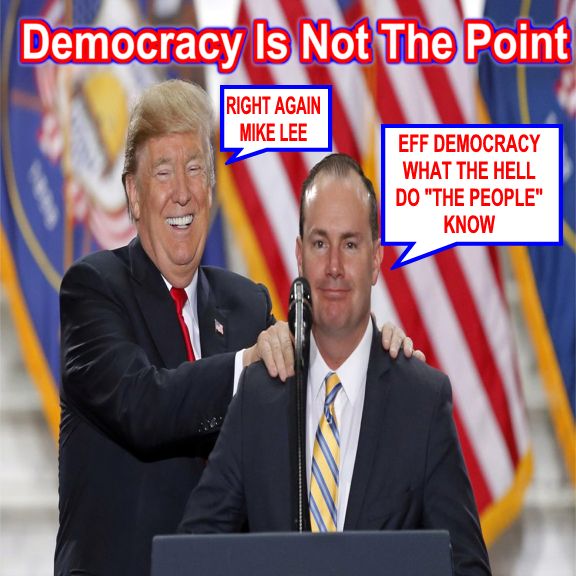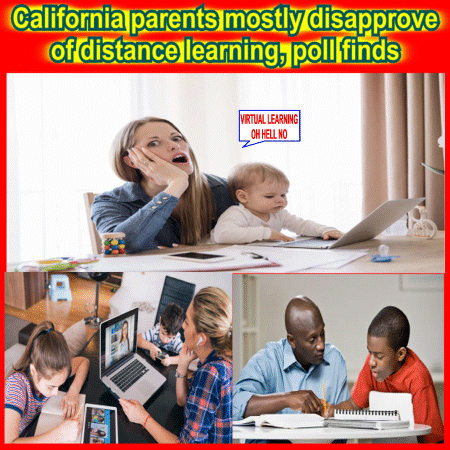The Lost Year Fallacy | Teacher in a strange land
The Lost Year Fallacy
The first time I learned about the 1918 flu pandemic—in school, probably junior high history or civics class—I came home and asked my grandmother (who lived with us) what she remembered about the great flu pandemic. She would have been 28 in 1918, still single and working in a grocery and dry goods store.
Not much, it turned out. None of her nine brothers and sisters or their spouses and children had succumbed, nor any friends. She couldn’t remember being ill herself, although she was notorious for living with pain and discomfort. When she was in her 90s, she fell off a stepladder while washing windows. She broke her hip, something that wasn’t verified for a couple of weeks while she hobbled around saying it wasn’t bad enough to go to the hospital, where they might hold her overnight or give her unwanted drugs.
Grandma was no Donald Trump.
World War II broke out when my mother was a freshman in high school. Many of her classmates left school before graduating, to enlist. When they came back, they were offered GEDs and the GI bill to further their education. There were good-paying, middle class jobs for those who just wanted to work, buy a home or start a family.
Their education was disrupted—but hey, duty calls. What’s put off can be reclaimed.
So—why are we claiming that 2020-21 is a lost year? In October, no less? We’re all struggling with this pandemic. Can’t we take a deep breath and try to problem-solve?
Since K-12 public education has been widely operational—for a century, CONTINUE READING: The Lost Year Fallacy | Teacher in a strange land


























